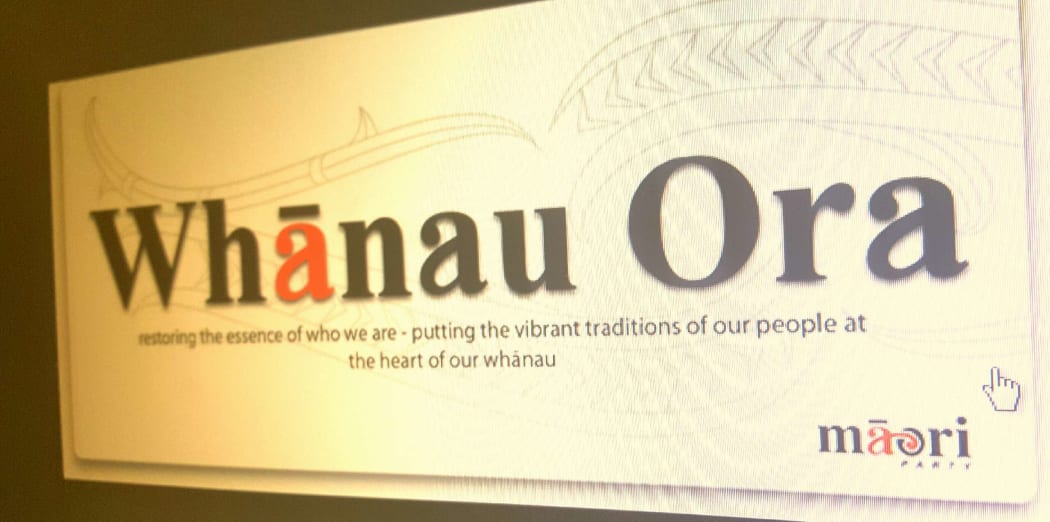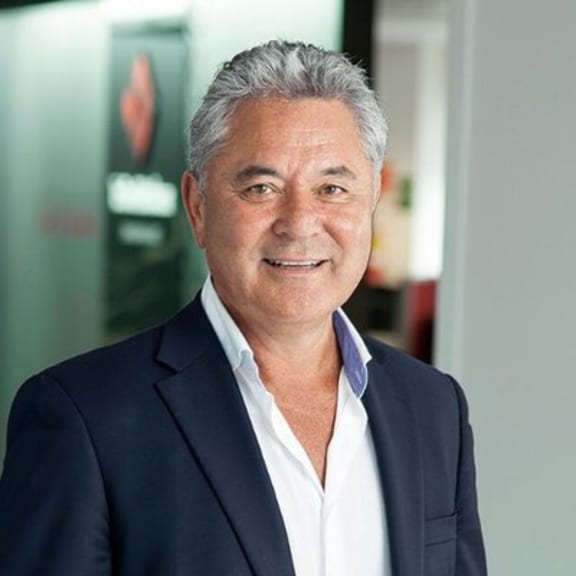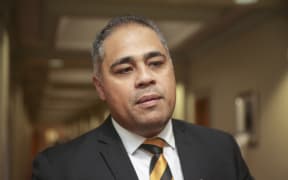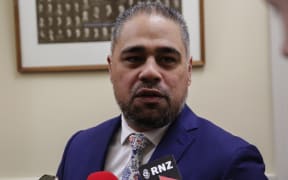
According to its website, Whānau Ora is about "increasing the wellbeing of individuals and whānau to lead full lives". Photo: RNZ / Mihingarangi Forbes
A government review of Whānau Ora shows the approach is working well for Māori and Pacific families, but there's not enough buy in from other agencies.
The Whānau Ora Minister Peeni Henare released 'The Whānau Ora Review Report - Tipu Mātoro ki te Ao' yesterday.
Despite the initiative being launched in 2010, the report found that some government agencies still don't know what Whānau Ora is, and don't rate it.
It also found that central government agencies are, in some cases, opting out of their responsibilities and expecting Whānau Ora partners to do their job for them.
Te Pou Matakana chief executive John Tamihere said one of his key concerns was the lack of support from mainstream agencies.

Te Pou Matakana chief executive John Tamihere. Photo: Twitter
"It comes down to a pervasive culture within the beauracracy and its leadership out of Wellington," he said.
"And then that ugly little practice comes into the regions and so we have to have an honest conversation with one another. There is enough money in the drum but it is not being deployed properly or fairly."
The chief executive of the South Island commissioning agency Te Pūtahitanga, Helen Leahy, welcomed the findings and said it recognised the good work Whānau Ora did.
But she said one of the main concerns was a lack of buy in from other government agencies.
"There's some pretty harsh words in there about institutional racism ... and that sector silo mentality," she said.
"So this report and the government's response is really important in challenging that."
The report suggests Whānau Ora be expanded so other agencies adopt a whānau-centred approach.
Social Development Minister Carmel Sepuloni expected her ministry to be on board with Whānau Ora. She said other agencies have big jobs of their own but more could be done to work together.
So what is a Whānau Ora approach?
"Whānau Ora to me as far as I am concerned is about a holistic approach. You are not just looking out for the individual, you are looking at the collective in terms of the whānau surrounding the individual," the minister said.
"Wrap around support, making sure that you are looking at all the complex needs of that whānau and addressing them holistically."
Overall, the report found Whānau Ora is making positive changes for whānau and it should get more money.
In 2017, Labour promised voters it would put $20 million into Whānau Ora over four years. But in last year's Budget, the programme got no new money.
Mr Tamihere said their work had been recognised, and hoped the next Budget - promoted as being about wellbeing - will boost their funds.
"We now know exactly what the solutions are but the people that are being tasked with all the resources, all the power, all the money are unwilling to come into the conversation.
"We hope that a wellbeing budget will force those who run these things, and hopefully there will be a few ministers with a backbone, to enforce some change."
Mr Henare is holding an event next month for senior and government officials to learn more about Whānau Ora.
The review took place between April and November 2018. It is one of many the initiative has undergone, with the Whānau Ora Review Panel also finding that Whānau Ora was scrutinised at a disproportionate rate compared to other social service delivery models.




